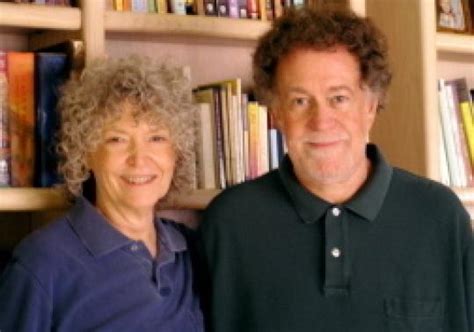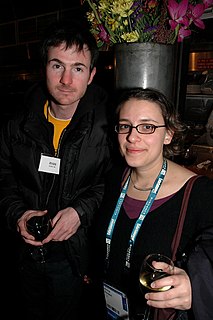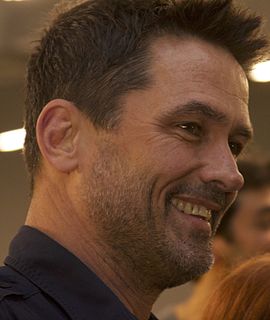A Quote by Johnny Flynn
Taking someone else's language and fitting it into your own speech - you learn a lot about other people's brains, doing that.
Related Quotes
The wonderful thing about books is that they allow us to enter imaginatively into someone else’s life. And when we do that, we learn to sympathize with other people. But the real surprise is that we also learn truths about ourselves, about our own lives, that somehow we hadn’t been able to see before.
To sing with other people and for other people, that's when you can really learn something about your voice. You can only learn so much if you create your own boundaries all the time. But then, other people can really teach you something. You know, if you're trying to sing with them, or if someone brings a style.
It"s good to keep wide-open ears and listen to what everybody else has to say, but when you come to make a decision, you have to weigh all of what you"ve heard on its own, and place it where it belongs, and come to a decision for yourself; you"ll never regret it. But if you form the habit of taking what someone else says about a thing without checking it out for yourself, you"ll find that other people will have you hating your friends and loving your enemies.
The important thing is to be able to understand anyone who has something useful to say. - There is a general moral here. Be very careful and very clear about what you say. But do not be dogmatic about your own language. Be prepared to express any careful thought in the language your audience will understand. And be prepared to learn from someone who talks a language with which you are not familiar.
Today I acknowledge that I am not in position to judge what mistakes anyone is making or what lessons anyone needs to learn. I don’t know how far someone has come or when that person will have a breakthrough, I simply don’t know what other people should be doing. But when I think I do know, I clearly am not doing what I should be doing, which is taking responsibility for my own life.
You get told a lot in school to tell what you know, write what you know. But what excites me about filmmaking, about being a storyteller, is being able to learn about other people, putting myself in somebody else's shoes, whether that be someone from the Dominican Republic or someone from Cuba or inner-city Brooklyn.
On land, you can walk away from people, from unpleasant situations. But when you're on a ship for 14 months with 49 other people, if you don't resolve your issues it literally could mean - and this would be an extreme circumstance - the sinking of the ship. You learn a lot about other people. You learn a lot about yourself.
But you're almost eighteen. You're old enough. Everyone else is doing it. And next year someone is going to say to someone else 'but you're only sixteen, everyone else is doing it' Or one day someone will tell your daughter that she's only thirteen and everyone else is doing it. I don't want to do it because everyone else is doing it.
I've learned mainly by reading myself. So I don't think I have any original ideas. Certainly, I talk about reading Graham. I've read Phil Fisher. So I've gotten a lot of my ideas from reading. You can learn a lot from other people. In fact, I think if you learn basically from other people, you don't have to get too many new ideas on your own. You can just apply the best of what you see.
If the best way to learn to succeed is to fail as fast as possible, then the second-best way is to watch someone else fail as fast as possible. Watching someone else screw up is a kind of rehearsal for your own eventual downfall. A close observation of someone else's attempt to resolve a difficulty is a great way to acquire real-world insight into whether and when to deploy their method in your own times of trouble.



































